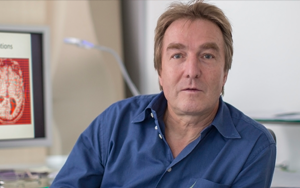 Guido Gerig joins the University of Utah's Scientific Computing and Imaging (SCI) Institute as a USTAR faculty member. The Scientific Computing and Imaging (SCI) Institute has established itself as an international research leader in the areas of scientific computing, scientific visualization, and image processing. USTAR is an innovative, aggressive and far-reaching effort to bolster Utah's economy with high-paying jobs and keep the state vibrant in the Knowledge Age. The USTAR Support Coalition and the Salt Lake Chamber sought public and private investment to recruit world-class research teams in carefully targeted disciplines. These teams will develop products and services that can be commercialized in new businesses and industries.
Guido Gerig joins the University of Utah's Scientific Computing and Imaging (SCI) Institute as a USTAR faculty member. The Scientific Computing and Imaging (SCI) Institute has established itself as an international research leader in the areas of scientific computing, scientific visualization, and image processing. USTAR is an innovative, aggressive and far-reaching effort to bolster Utah's economy with high-paying jobs and keep the state vibrant in the Knowledge Age. The USTAR Support Coalition and the Salt Lake Chamber sought public and private investment to recruit world-class research teams in carefully targeted disciplines. These teams will develop products and services that can be commercialized in new businesses and industries. Dr. Gerig joins the SCI Institute from the University of North Carolina at Chapel Hill where he is a Taylor Grandy Professor with joint appointments in the Department of Computer Science and the Department of Psychiatry. He received his Ph.D. in 1987 from the Swiss Federal Institute of Technology, ETH Zurich, Switzerland and has held his position with UNC-Chapel Hill since August 1998. At the University of Utah, Dr. Gerig will have faculty positions within the School of Computing, Department of Psychiatry and SCI Institute.
Guido Gerig began research in the area of medical image analysis in 1985 at ETH Zurich, Switzerland. Since then, he has led a large number of national and international projects with close multidisciplinary collaboration between medicine, engineering, statistics, industry, and computer science. He has spent several research leaves as a Visiting Assistant Professor at the Brigham and Women's Hospital at Harvard Medical School. Dr. Gerig is a member of the editorial board of the Journal Medical Image Analysis published by Elsevier. He is a board member of MICCAI, the international society organizing the annual conference on Medical Image Computing and Computer Assisted Intervention, and has served on the committees of a number of computer vision and image analysis conferences and workshops. As the director of the UNC Neuroimage Analysis Laboratory, he supports a number of clinical neuroimaging projects with methodology for image processing, registration, atlas building, segmentation, shape analysis, and statistical analysis. Clinical driving problems are neurodevelopmental and neurodegenerative diseases and mental disorders such as schizophrenia, autism, fragile- X, chronic depression and Parkinson's disease. Current key research topics are segmentation of MRI/DTI of the early developing brain in healthy and high-risk subjects, longitudinal analysis of multi-shape complexes to describe growth trajectories of brain structures, building of normative population atlases of volumetric images and embedded shapes, and new methodologies for statistical analysis of brain white matter using diffusion tensor imaging (DTI). Tools and methods developed through driving clinical applications are open source (ITK) and made available to public.
